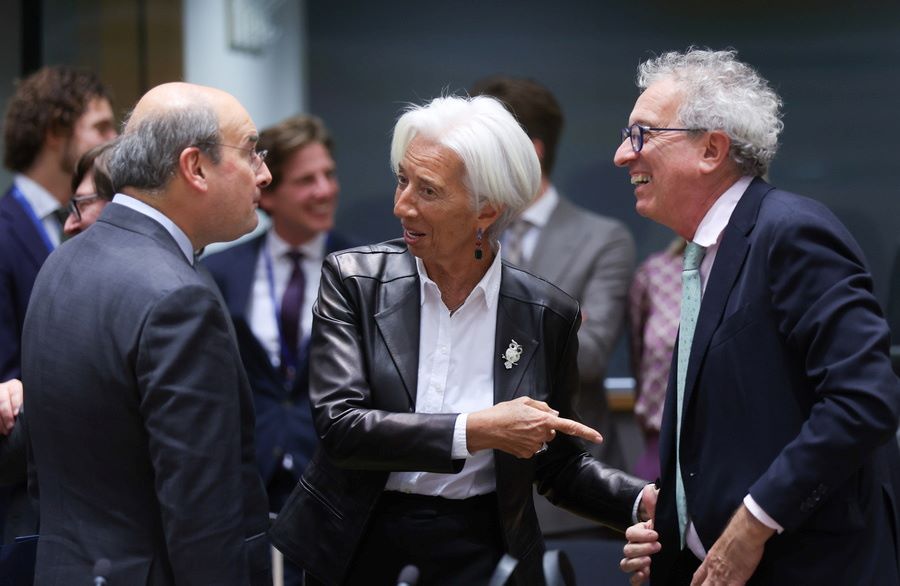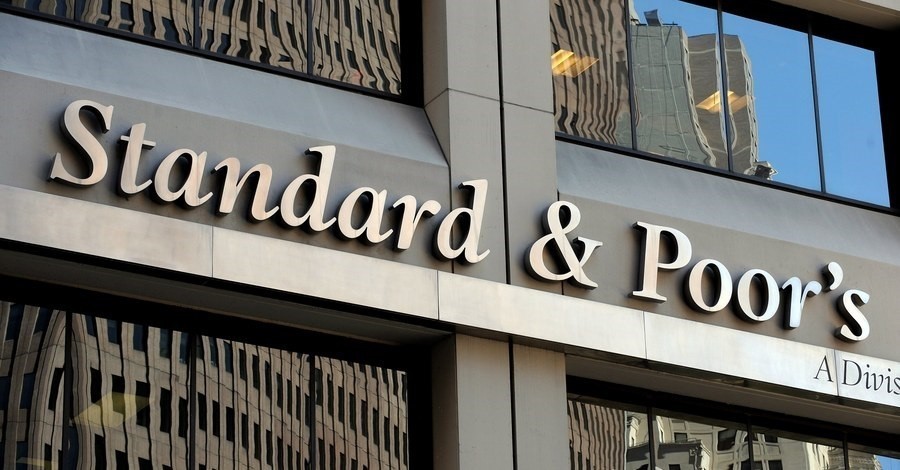
“Greece has no urgent need to return to markets, can wait for 2 more years” says Klaus Regling
Greece has no urgent need to return to markets and can wait for two years, Klaus Regling, Managing Director of the European Stability Mechanism said on Tuesday.
Speaking to reporters during a news conference, Regling said that Italy’s fiscal plans are a cause of concern but added that were was no reason to panic since the impact on other European countries has been “very limited” so far. He noted that Italy’s debt problems are different from those of Greece.
Greek decision to submit two draft budgets ‘an unusual and clever idea’
Greece’s decision to submit two draft budgets for 2019, one including pension cuts and one without, was “an unusual and clever” idea, Regling said in the same presser.
“I believe that it is a good approach and we must reach an agreement,” he added, noting that there were positive figures to support such a decision, such as the excess primary surplus achieved by Greece, which had exceeded the 3.5 pct of GDP target.
The decision to present two alternative scenarios simultaneously showed the preferences of the Greek government, which was to avoid cutting pensions, while also acknowledging the agreements with creditors that called for pension cuts, Regling noted, adding that the two draft budgets were “a good basis” for discussing their consequences.
According to the ESM chief, the matter is currently being discussed and a final decision will be made at the Eurogroup. He also noted that the high primary surplus did not warrant an automatic abolition of the pension cuts, since the surplus could be used for measures to support growth or lower taxation. Greece was now out of the programme and had no new commitment but already agreed reforms should not be reversed, he added.
Talking about Greece’s return to the markets, Regling said that the cash buffer meant that there was no urgent need for Greece to tap the markets for the next two years, while adding that this did not mean that it should wait for that long. The ESM was working closely with the Greek public debt management authority to provide technical assistance, he added, but the final decision rests with Greece.
According to Regling, Greece should keep an eye on developments in the markets and pick the best time, when interest rates in the secondary market have fallen. “It partly depends on what is happening in Greece and partly on what is happening in other countries, even the large neighbouring country of Turkey, for example. Some things are outside the control of the Greek government,” he said.
Exactly when Greece will attempt to borrow from the markets was something that Greek authorities were “examining professionally,” he added, expressing certainty that they will make the right decision.
Source: AMNA

